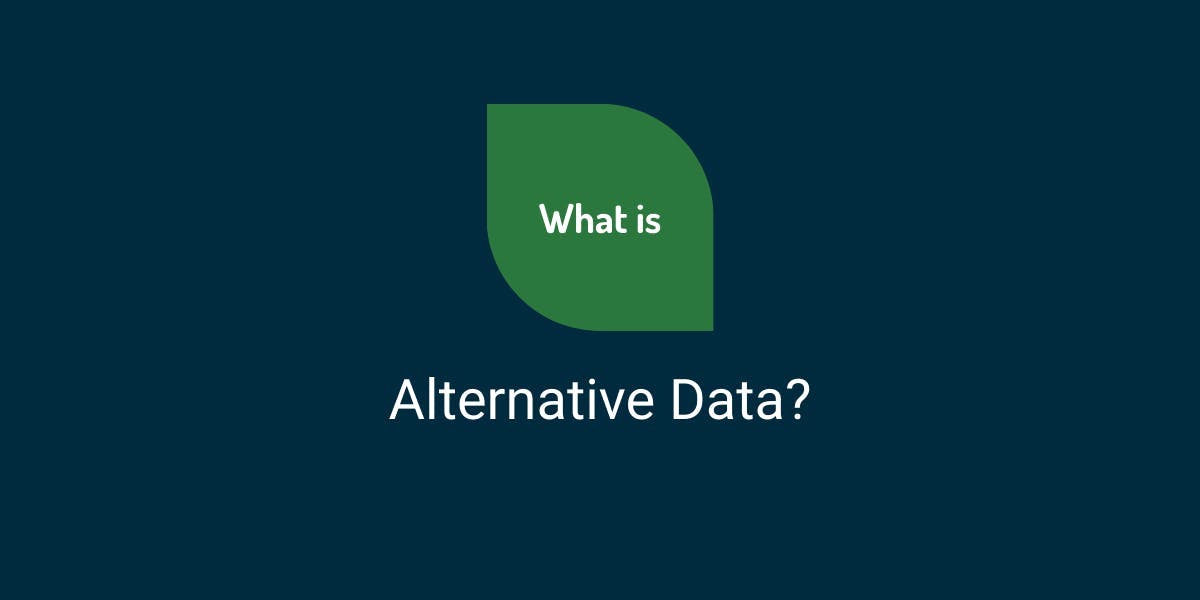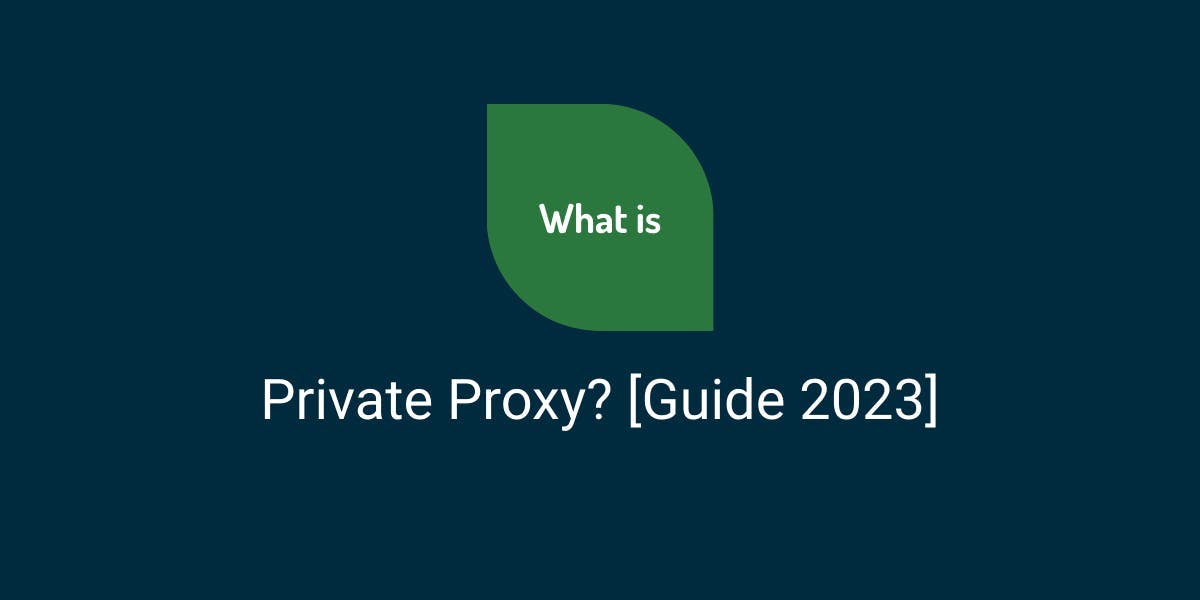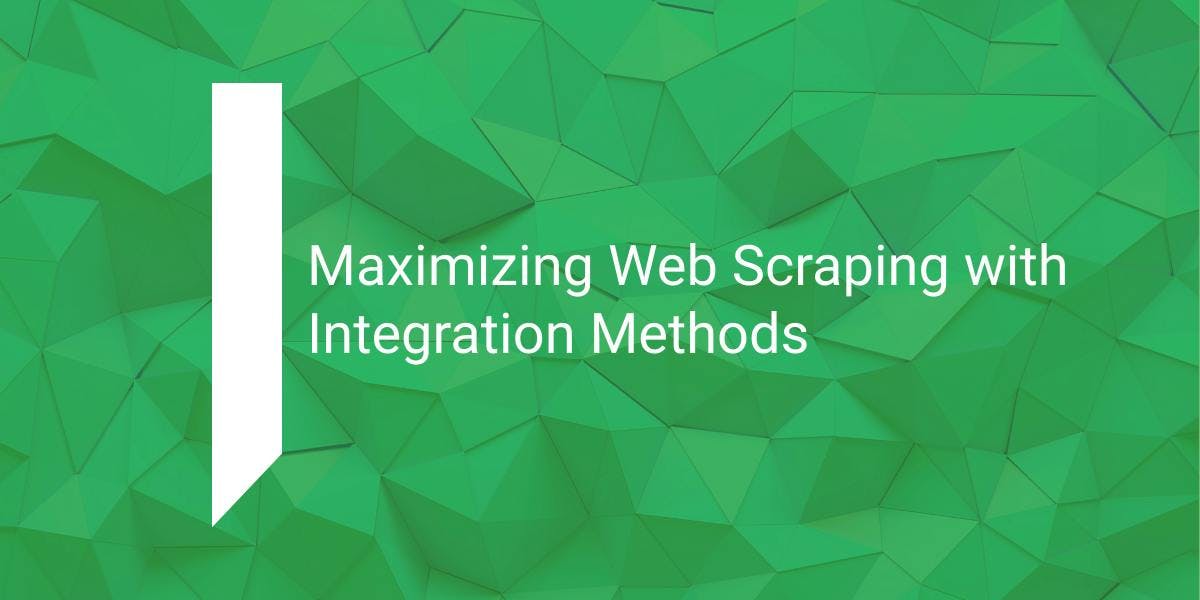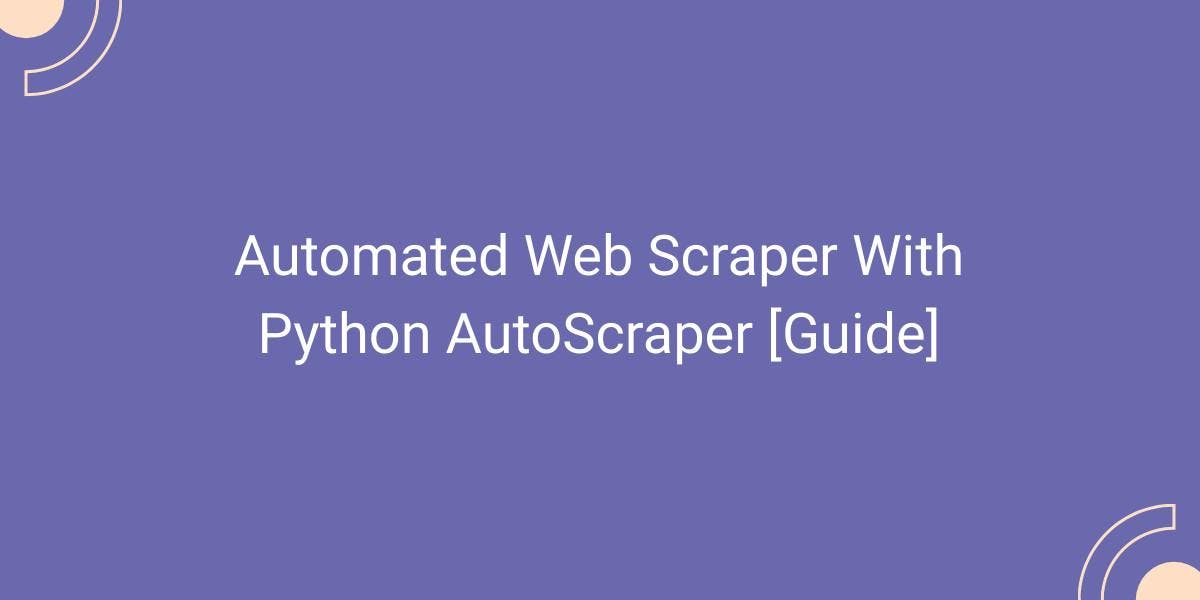What is Alternative Data?
Flipnode on May 17 2023

To understand what alternative data is, it can be defined as data that provides insights into the investment process. In the pursuit of financial information to drive investment decisions while respecting consumer privacy, financial institutions worldwide have sought effective methods. The term "alternative data" was coined as hedge funds started leveraging previously untapped data sets.
According to recent research, a significant 50% of institutional investors have plans to increase their utilization of alternative data in the coming years. This raises the question of how alternative data differs from traditional data. In this article, we will explore the answers to these questions and delve into the methods of gathering this information.
Understanding alternative data
Alternative data is often linked with hedge fund managers and other investment professionals, as it is sourced externally from outside of a company, which adds an extra layer of security compared to storing large amounts of customer information internally.
Delving further into the definition, alternative data typically includes information that can provide business insights indirectly. For instance, combining consumer sentiment and credit card data with traditional data can lead to more accurate predictions of the financial performance of specific companies. Hedge funds can then leverage these predictions to generate investments that outperform the market.
Different types of alternative data
There are numerous types of alternative data, with many of them being based on consumer actions that can provide insights into business performance. Some examples include:
- Credit card transactions
- Consumer sentiment
- Geolocation data
- Website usage
Among the various types of alternative data, web scraping is undoubtedly the most popular. This is especially relevant for e-commerce businesses seeking to gain valuable information about product sales and customer behavior, such as buying habits.
Regardless of the industry, leveraging web scraped alternative data can often yield significant benefits for businesses. While it may not have all the answers, web scraped data holds substantial value, particularly when combined with other data sources, in providing valuable insights into the outlook of a company.
The rise of alternative data
In recent years, alternative data has gained widespread adoption in the finance and services sector. However, it's worth noting that alternative data sets obtained from external sources may not be as readily accessible or structured as traditional data.
Despite this limitation, various industries, including the travel sector, have greatly benefited from alternative data. With the majority of buying experiences now happening online, businesses can leverage web information, such as customer reviews on platforms like TripAdvisor, to gain deeper insights into traveler behavior and identify popular destinations during specific times of the year. Additionally, alternative data can provide information on average daily rates and revenue per night, among other valuable insights.
The retail industry is also leveraging alternative data, such as customer reviews on products, to determine sales trends and identify products that are performing well or underperforming. This enables retailers to remain competitive by constantly updating their pricing strategies.
Overall, alternative data has become a valuable resource for businesses in various industries, providing insights and enabling data-driven decision making to stay competitive in the dynamic business landscape.
How to scrape alternative data
In the pre-digital age, obtaining business insights was a laborious task that required significant time and resources. Even as technology advanced, manually collecting data remained challenging. This prompted the need for a more efficient solution, which came in the form of web scraping.
With the introduction of web scraping, the process became more streamlined, although it still required the expertise of IT specialists to function effectively. This made it impractical for companies with limited time and resources.
Fortunately, modern alternative solutions, such as Python web scraping tools and proxies, have addressed these challenges. These tools have automated the process, allowing businesses to gain deep customer insights easily. By leveraging alternative data providers and tools like proxies and Scraper API, companies can capture relevant information from web pages, process it, and store it quickly and efficiently.
Using web scraping tools to obtain alternative data from public websites enables businesses to access valuable insights without investing excessive time and resources. It's clear that alternative data can provide significant benefits to businesses worldwide in the years to come.
How to use alternative data?
Alternative data is primarily used for making indirect predictions, and it is often considered as a subset of big data. Processing large amounts of information is necessary before meaningful predictions can be made.
To utilize alternative data for financial or business purposes, appropriate data sources must be identified. For instance, fund managers may seek out different alternative data sources when making investments in specific industries. For example, gathering data on truck movements within or across countries can reveal investment opportunities in the logistics sector.
Final thoughts
In today's era of strict data protection regulations, safeguarding consumer data is of utmost importance for financial institutions. Failure to do so can result in significant fines if sensitive information falls into the wrong hands.
Fortunately, utilizing web scraping tools to access alternative data sets provides a solution to this challenge. It allows businesses to obtain accurate market intelligence and monetize their company without compromising the security of consumer data.



